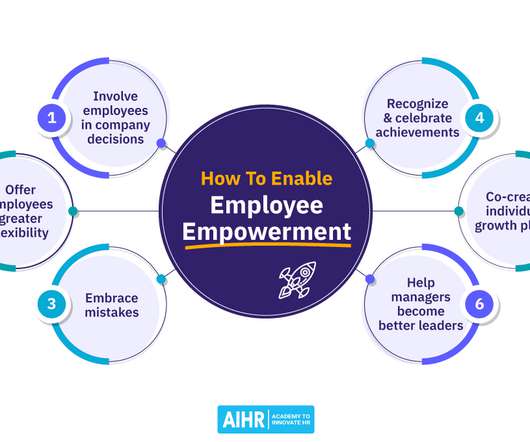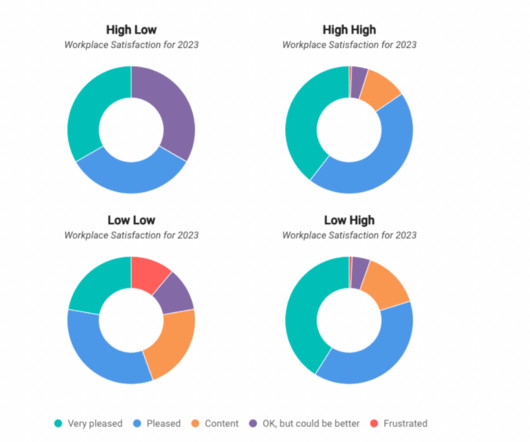How To Build Your HR Roadmap for 2025 & Beyond
AIHR
MARCH 26, 2025
Rather than reacting to workforce issues like high turnover, skill shortages, or compliance risks as they arise, businesses with a roadmap can implement strategies to mitigate them before they become critical. This data-driven approach supports continuous refinement and optimization of HR strategies based on performance insights.
















Let's personalize your content